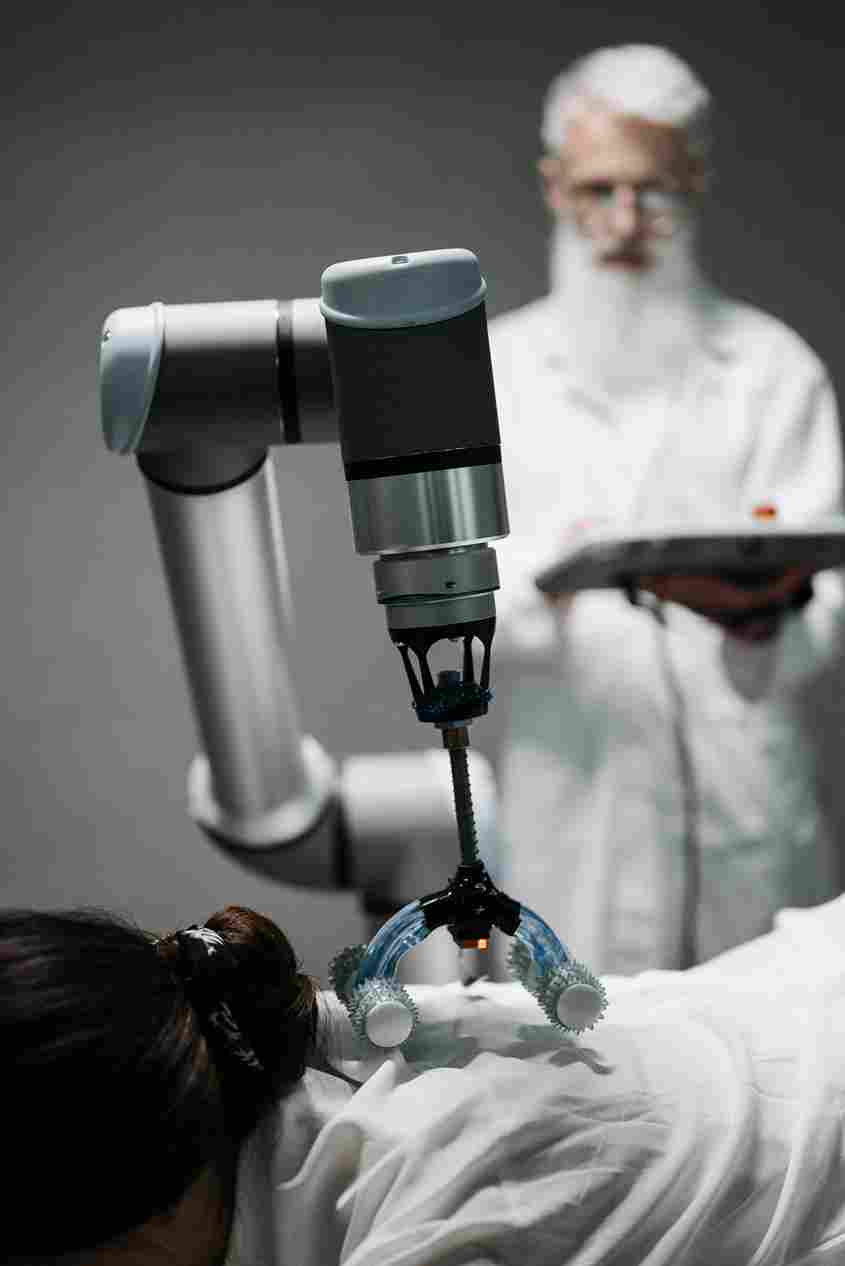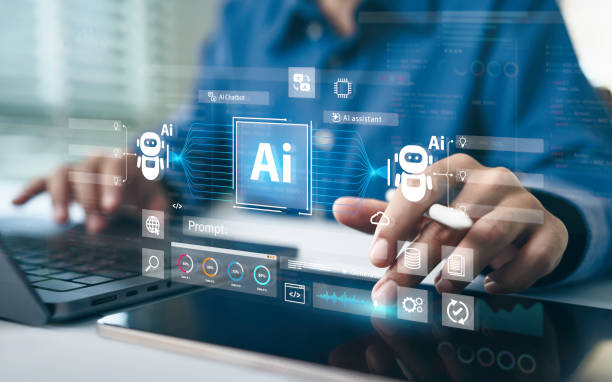Advantages of AI Screeners in Healthcare

Artificial Intelligence (AI) is no longer just a futuristic concept. It is transforming industries across the globe, with healthcare being one of the most promising fields. Among its many innovations, AI screeners are proving to be a game-changer in early detection, diagnosis, and decision-making. But what exactly are AI screeners, and why are they becoming so valuable?
This article explores the advantages of AI screeners, their role in different industries, and how they improve efficiency, accuracy, and accessibility.
What Are AI Screeners?
AI screeners are software tools powered by machine learning and artificial intelligence that help analyze data to identify potential risks, patterns, or conditions. In healthcare, AI screeners are commonly used to detect diseases early, assess patient risks, and support medical professionals in decision-making.
Beyond healthcare, AI screeners are also used in finance, education, recruitment, and security to filter large amounts of information quickly and accurately.
Key Advantages of AI Screeners
1. Early Detection of Diseases
One of the most significant advantages of AI screeners in healthcare is early detection. AI can analyze medical imaging, lab reports, and patient histories to spot warning signs of conditions such as cancer, diabetes, or heart disease—often earlier than human detection.
This early identification means patients can receive treatment sooner, improving outcomes and potentially saving lives.
2. Improved Accuracy and Reduced Errors
Human error is unavoidable, especially in high-pressure medical environments. AI screeners reduce the chances of misdiagnosis by analyzing vast amounts of data with high precision.
For example, AI-powered imaging screeners have shown remarkable accuracy in identifying lung nodules, retinal diseases, and breast cancer in mammograms. This accuracy helps doctors make more confident decisions.
3. Faster Decision-Making
AI screeners can process and analyze patient data within seconds. What might take hours for a healthcare provider can be done almost instantly by an AI system.
This speed not only saves time for doctors but also reduces patient wait times. In critical cases, quick decisions can be the difference between life and death.
4. Cost Efficiency
Another major advantage of AI screeners is cost reduction. By automating routine tasks like reviewing scans or analyzing lab results, healthcare facilities can save on manpower and resources.
Additionally, early detection through AI screening can prevent costly treatments later by catching conditions before they become severe.
5. Supporting Healthcare Professionals
AI screeners are not meant to replace doctors or nurses. Instead, they act as powerful assistants. By handling data-heavy tasks, AI allows healthcare professionals to focus more on patient care, empathy, and complex decision-making that requires human judgment.
6. Scalability and Accessibility
AI screeners can serve large populations at once. For example, during pandemics or mass health screenings, AI can process thousands of test results rapidly.
In rural or underserved areas, AI screeners can bridge gaps by providing basic screening services where medical specialists are not available. This makes healthcare more accessible to all.
7. Continuous Learning and Improvement
Unlike traditional tools, AI systems improve over time. With every dataset processed, AI screeners become smarter and more accurate. This continuous learning ensures better predictions and reliability as technology advances.
8. Applications Beyond Healthcare
While healthcare is the most common field for AI screeners, their use extends further:
- Finance: Detect fraudulent transactions.
- Recruitment: Screen job applications for the best candidates.
- Education: Identify students at risk of falling behind.
- Security: Detect threats in surveillance systems.
This versatility highlights how the advantages of AI screeners go beyond medicine, improving efficiency across industries.
Challenges to Consider
While AI screeners bring enormous benefits, they are not without challenges:
- Data privacy concerns.
- Bias in AI algorithms.
- Over-reliance on technology.
To maximize their advantages, healthcare providers and organizations must balance AI tools with ethical practices and human oversight.
Future of AI Screeners
The future of AI screeners looks promising. As technology evolves, we can expect even greater accuracy, more advanced predictive analytics, and wider adoption in both healthcare and non-healthcare industries.
Healthcare providers using AI screeners will likely see improved patient outcomes, reduced operational costs, and a more streamlined workflow.
Final Thoughts
The advantages of AI screeners are clear: they bring speed, accuracy, accessibility, and efficiency to industries that rely heavily on data-driven decisions. In healthcare, they are helping detect diseases earlier, support professionals, and save lives.
As AI continues to advance, screeners will become an essential part of how we approach healthcare and other sectors, making services more effective and patient-centered.
Call to Action:
At Inspire Web, we provide insights into how healthcare technology is transforming the future of care. Want to learn more about the latest in AI healthcare solutions? Explore our resources today and stay ahead in the digital healthcare revolution.
Articles
Build your awareness and get inspired with our researched articles on how you can strengthen your well-being
Contact Us
-
InspireWebApp
-
support@inspirewebapp.com
-
7600 Georgia Avenue Northwest, Washington, DC 20012, USA
Streamline Your Workflow with Inspire — Subscribe Now!
Join hundreds of healthcare professionals who trust Inspire to manage their documentation faster and more accurately.
Key Benefits
- ✅ Instant access to all tools
- ✅ Secure & HIPAA-compliant
- ✅ Designed for health Care providers
Popular Articles

Adapting to Patient Communication Preferences
By Zukane Mbuih

Improving Follow-Up Communication
By Zukane Mbuih

Using Technology to Support Communication
By Zukane Mbuih

Clear and Consistent Communication
By Zukane Mbuih